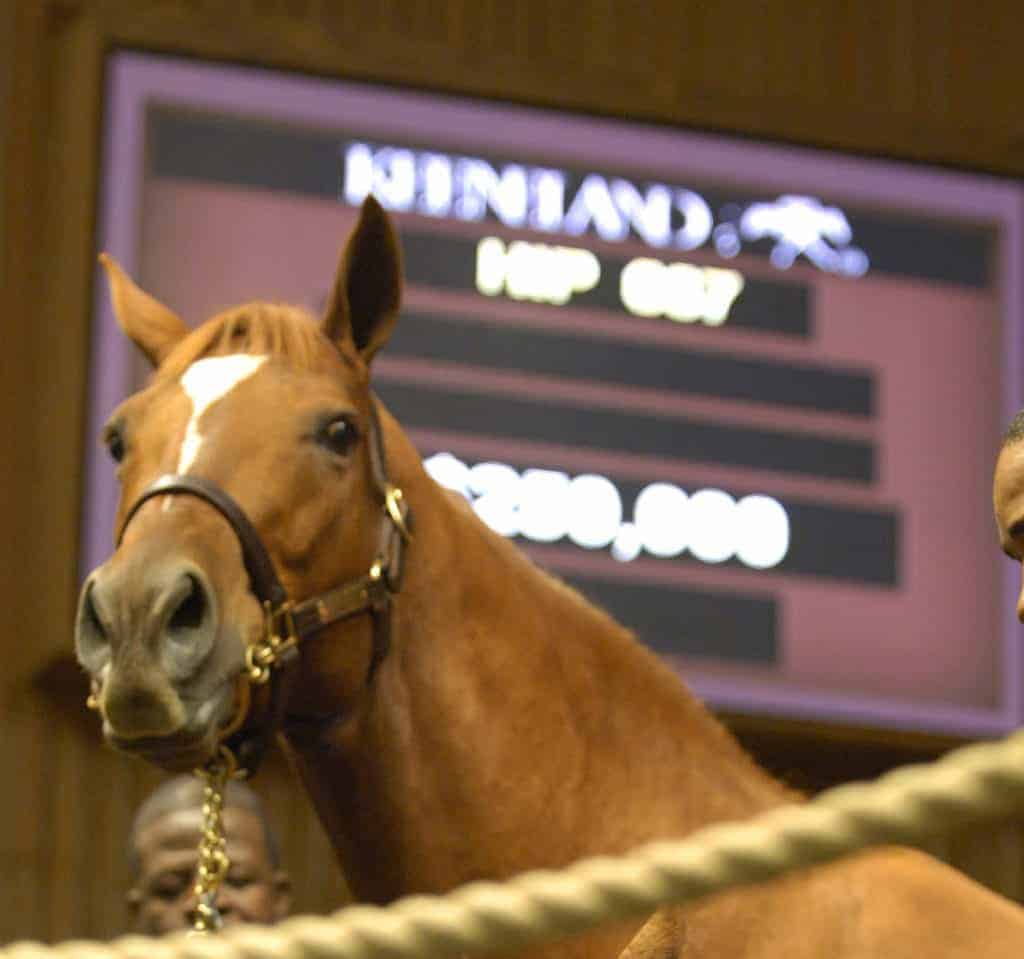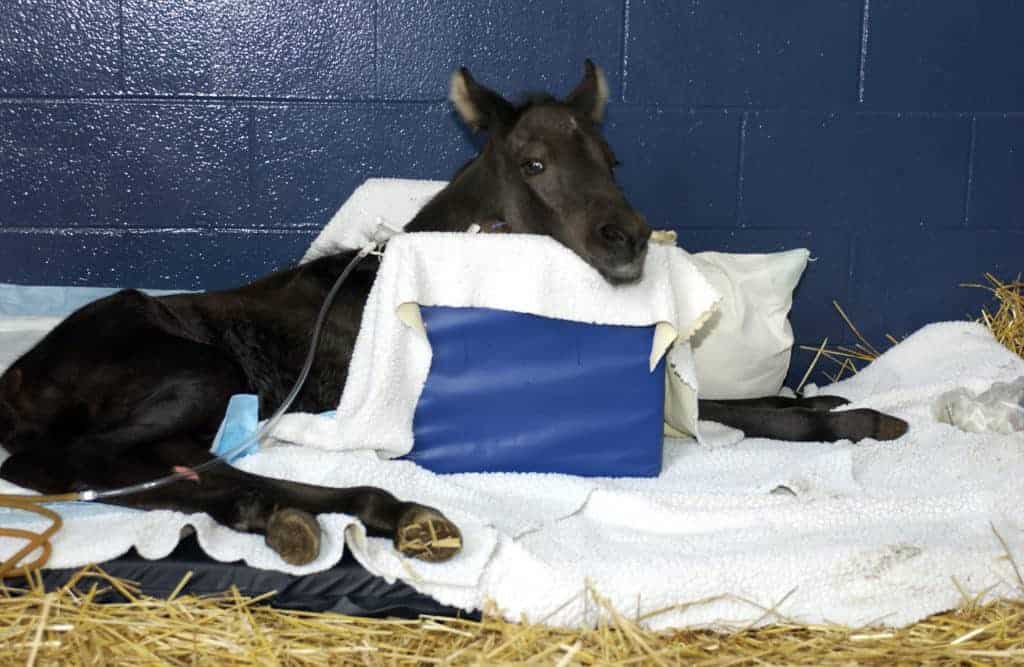EHV-1 Quarantine Lifted at University of Tennessee
The EHV-1 quarantine at the UTVMC was lifted today (Sept. 30).
Horse breeding from planning through foal care
The EHV-1 quarantine at the UTVMC was lifted today (Sept. 30).

Researchers are learning what genes (when found or not found) could suggest about a Thoroughbred’s potential.
No new horses have been confirmed EHV-1 positive since Sept. 21 in connection with the Tennessee cases.

Research indicates that one-sided imprint training is not might not be as beneficial as once thought.
The UKVDL reported an increased number of abortions and abnormal placentas due to nocardioform placentitis.
No new EHV-1 cases have been confirmed in California or Tennessee, statements from the CDFA and the UTVMC say.

Learn about the basics of equine genetics and the different applications they have in equine performance.
Five additional horses at the index case’s home premises have tested positive for EHV-1 and are being treated.
No new EHV-1 cases have been confirmed at UT. The informational forum will take place Sept. 21 at 7:00 p.m.

An EHV-1 positive horse was admitted last week. No new cases have emerged at the medical center to date.

Researchers recently set out to examine how pregnancy impacts insulin sensitivity and glucose levels.

Equine semen quality and quantity were not significantly improved with pentoxifylline administration.
The UK College of Agricultural Economics program examines leading Thoroughbred sire stud fees.

Kristine Urschel, PhD, discussed factors that regulate equine muscle protein accretion and relevant research.

Seven horses from one farm and two residing on another premises have tested positive for neurologic EHV-1.

Researchers in the Netherlands have completed further research into developing an effective vaccine for the bacteria Rhodococcus equi, which is known to cause pneumonia and other sometimes fatal infections in young foals.
Stay on top of the most recent Horse Health news with
"*" indicates required fields